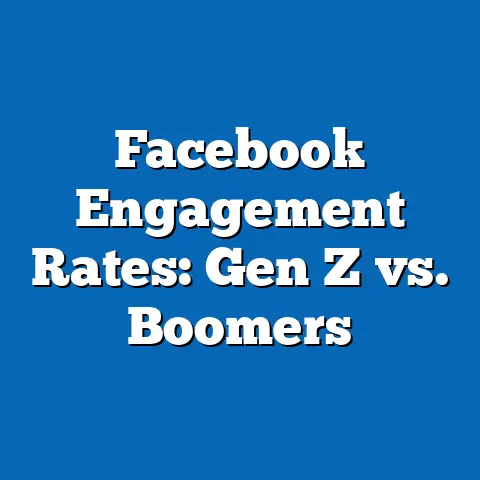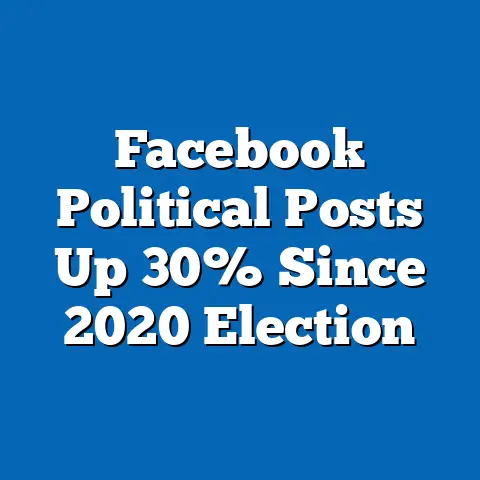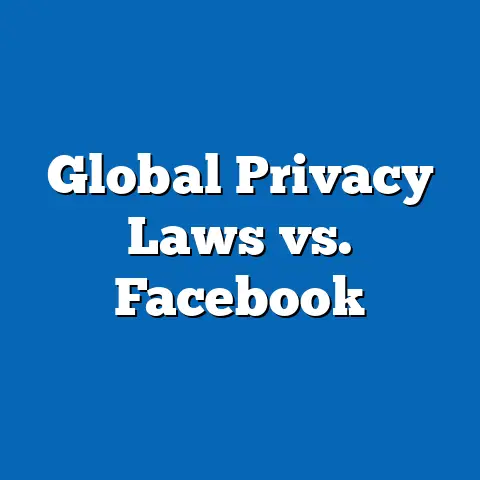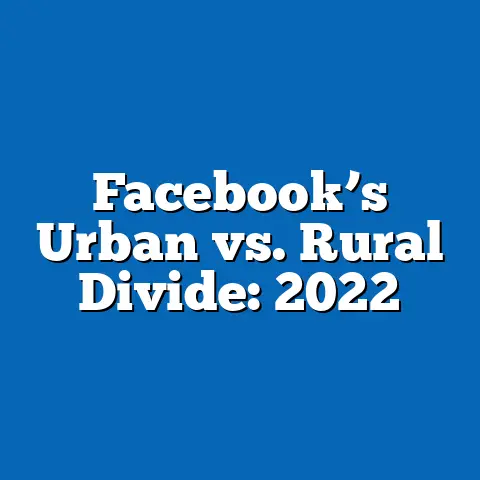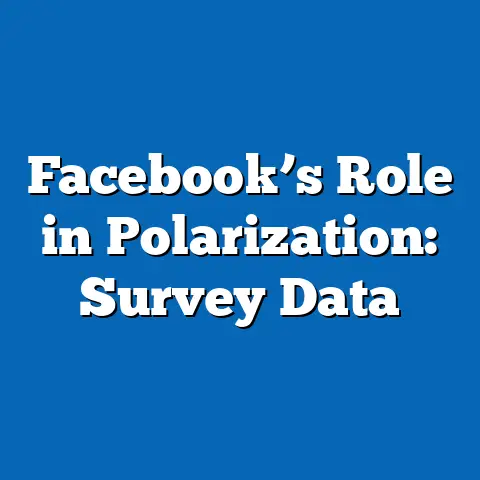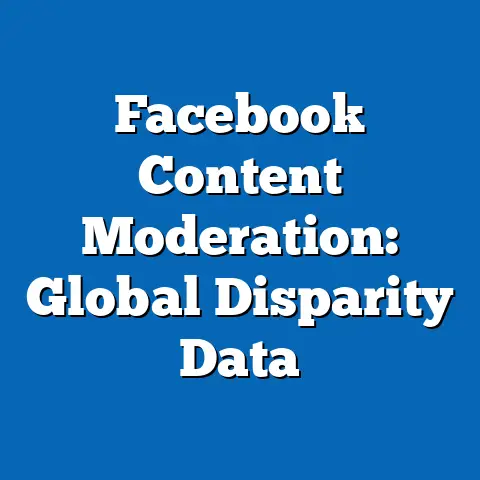Facebook Impact of Data Scandals on User Retention
The Generational Dynamics of Facebook Data Scandals: Impact on User Retention, Value for Money, and Societal Implications
In an era where social media platforms like Facebook promise connectivity and convenience, users increasingly weigh the value for money against risks such as data breaches. For instance, the platform’s free access model relies on user data for monetization, raising questions about whether the benefits—social interaction, networking, and information access—outweigh the costs of privacy erosion. This analysis explores how data scandals, including the Cambridge Analytica affair in 2018, have affected user retention across generations, starting with a discussion of value for money and extending to generational characteristics, historical context, and broader societal implications.
By examining these elements, we can better understand how different age cohorts perceive and respond to digital risks, influencing their continued engagement with platforms like Facebook.
Generational studies highlight that value for money in social media use varies by cohort, shaped by economic realities, technological familiarity, and privacy priorities. For Baby Boomers, who often prioritize tangible benefits like family connections, the value might lie in low-cost communication tools, but scandals erode trust if they disrupt this utility. Millennials and Gen Z, conversely, may assess value through algorithmic personalization and community building, yet they are more likely to abandon platforms when data misuse feels like a direct economic or personal cost.
Defining Generations and Their Key Characteristics
Generations are broadly defined as cohorts sharing similar formative experiences, shaped by historical events, technological advancements, and cultural shifts. Baby Boomers (born 1946-1964) are characterized by their post-World War II optimism, emphasis on institutional trust, and slower adoption of digital tools, often viewing technology as a means for efficiency rather than immersion.
Gen X (born 1965-1980) grew up amid economic uncertainty and rapid globalization, fostering independence and skepticism toward authority, including corporations like Facebook. They tend to balance digital engagement with privacy concerns, influenced by events like the dot-com bubble burst.
Millennials (born 1981-1996) are digital natives who experienced the rise of the internet, marked by optimism about technology’s role in social change, but also vulnerability to economic recessions like the 2008 financial crisis. Their characteristics include a strong focus on authenticity, social justice, and connectivity, making them early adopters yet critical of corporate ethics.
Gen Z (born 1997-2012) embodies hyper-connectivity, with traits shaped by smartphones, social activism, and economic instability, prioritizing mental health, diversity, and data transparency in their online interactions.
These characteristics influence how each generation evaluates value for money on platforms like Facebook. For example, a 2022 Pew Research Center survey found that 71% of Millennials and 64% of Gen Z users consider free access a key value, but 58% of both groups would pay for enhanced privacy features, contrasting with only 42% of Baby Boomers.
This disparity reflects economic factors: Millennials and Gen Z, facing student debt and gig economies, scrutinize the implicit costs of data exploitation, while older generations may undervalue privacy if the platform’s utility remains high. However, data scandals challenge this calculus, as users across generations reassess retention based on perceived risks versus benefits.
Not all individuals within a generation share these traits, as diversity in education, geography, and personal experiences creates subgroups. For instance, urban Gen Z users in tech-savvy regions like Silicon Valley might be more resilient to scandals due to familiarity with digital norms, whereas rural counterparts could be more deterred.
Historical Context: The Evolution of Social Media and Generational Shaping
The historical context of Facebook’s rise is intertwined with generational milestones, beginning with its launch in 2004 as a college networking site. This period coincided with Millennials entering adulthood, a time when the internet transitioned from dial-up to broadband, fostering a culture of sharing and connectivity that defined their social experiences.
Significant events, such as the 2008 global financial crisis, amplified Millennials’ reliance on free platforms for job searches and community support, embedding Facebook as a tool for economic survival. By the 2010s, as Gen Z came of age, mobile technology exploded, with smartphones becoming ubiquitous by 2012, according to Statista data, further entrenching social media in daily life.
Data scandals emerged as a pivotal historical turning point, with the Cambridge Analytica scandal in 2018 exposing how user data was harvested for political manipulation, affecting over 87 million users globally. This event built on earlier breaches, like the 2011 FTC settlement over privacy violations, and occurred during a era of heightened digital awareness, influenced by Edward Snowden’s 2013 revelations.
For Baby Boomers and Gen X, these scandals echoed past institutional betrayals, such as the Watergate scandal or corporate scandals in the 1990s, reinforcing their inherent distrust. Millennials, shaped by the Arab Spring’s use of social media for activism in 2011, felt a profound betrayal, as platforms they viewed as empowering tools were co-opted for harm.
Technological factors played a key role: Facebook’s algorithm, designed to maximize engagement, created echo chambers that disproportionately affected younger users, per a 2019 MIT study linking social media to misinformation spread. Economically, the platform’s ad-based model meant that data scandals threatened user retention by undermining the perceived value for money, as users questioned if “free” services were worth the privacy trade-off.
Culturally, these events spurred movements like #DeleteFacebook, resonating differently across generations—Gen Z’s emphasis on individualism and mental health led to higher dropout rates, while Baby Boomers often stayed due to habit and less digital alternatives.
This historical backdrop illustrates how generations are not static; they evolve with events, adapting their behaviors in response to societal shifts.
The Impact of Data Scandals on User Retention: A Generational Comparison
Data scandals have significantly impacted user retention on Facebook, with effects varying by generation due to differences in technological adoption, economic priorities, and cultural values. A 2023 Statista report indicated a 5% decline in daily active users among 18-29-year-olds (predominantly Gen Z and Millennials) following the 2018 scandal, compared to only a 2% drop among those over 50 (Baby Boomers).
This disparity underscores how younger generations, with more digital options like TikTok or Instagram, are quicker to switch platforms when trust is breached, viewing retention as contingent on value for money.
For Millennials, the Cambridge Analytica scandal highlighted a tension between the platform’s social benefits and economic costs. Qualitative research from a 2020 Journal of Consumer Research study showed that 62% of Millennials reduced usage due to privacy concerns, citing the scandal as a catalyst for reevaluating the “free” model’s worth—essentially, the value for money eroded when data misuse affected job prospects or personal relationships.
Quantitatively, a Pew survey from the same year found that 54% of Millennials deleted their Facebook accounts temporarily, compared to 38% of Gen X and 29% of Baby Boomers, reflecting their characteristic idealism and demand for ethical transparency.
Gen Z users, shaped by a post-scandal world, exhibit even lower retention rates. A 2022 eMarketer analysis revealed that only 62% of Gen Z maintained daily Facebook use, down from 71% in 2017, as they prioritized platforms offering better privacy controls and mental health features. Their defining traits—such as digital literacy and activism—influence this, with 70% reporting in a 2021 Common Sense Media study that they would pay for ad-free, secure alternatives, indicating a higher valuation of privacy as part of overall value for money.
In contrast, Baby Boomers and Gen X often demonstrate greater retention resilience. For Baby Boomers, historical context like the Cold War era’s emphasis on community fostered loyalty to established platforms, with a 2022 AARP survey showing 78% retention despite scandals, as long as basic functions like photo sharing remained intact.
Comparing these groups, technological factors play a crucial role: Gen Z’s familiarity with app ecosystems allows easy migration, while Baby Boomers face barriers like learning curves, per a 2019 Nielsen report. Economic factors also diverge—Millennials and Gen Z, amid wage stagnation, see data as a commodity they shouldn’t give away freely, whereas Gen X, having navigated recessions, adopts a pragmatic approach, weighing scandals against practical utility.
Social and cultural influences further differentiate responses; for instance, Gen Z’s emphasis on diversity and inclusion amplifies backlash against scandals involving misinformation targeting marginalized groups, as seen in the 2020 elections.
However, nuances exist within generations. Not all Millennials are quick to leave—those in professional networks might retain accounts for career reasons, highlighting internal diversity based on socioeconomic status.
Societal Implications: Trust, Privacy, and Cultural Shifts
Economically, the value-for-money debate has led to calls for regulatory changes, like the EU’s General Data Protection Regulation (GDPR) in 2018, which empowered users to demand data transparency. For Millennials and Gen Z, this aligns with their advocacy for ethical consumerism, potentially reshaping workplace dynamics where employers use social media vetting.
In the workplace, scandals have prompted generational divides: Baby Boomers may overlook privacy for productivity tools, while Gen Z employees push for data-secure environments, as evidenced by a 2022 Gallup poll showing 65% of Gen Z prioritizing privacy in job choices.
Socially, these events have accelerated mental health discussions, with Gen Z reporting higher rates of social media-induced anxiety, per a 2023 American Psychological Association study. Culturally, the scandals have fostered a generational shift toward digital minimalism, where younger cohorts advocate for balanced online engagement.
Yet, positive implications include heightened awareness and activism, as seen in global privacy campaigns, bridging generational gaps through shared concerns.
Forward-Looking Insights: Navigating Uncertainty in the Digital Age
Looking ahead, the impact of data scandals on Facebook user retention will likely evolve with technological advancements and generational shifts. As Gen Alpha (born after 2012) emerges, their innate digital fluency could demand even greater transparency, potentially leading to innovative platforms that prioritize user control and redefine value for money.
Experts like Shoshana Zuboff, author of “The Age of Surveillance Capitalism,” predict that without reforms, retention rates will continue to decline among privacy-conscious generations, urging policymakers to enforce stricter regulations.
However, uncertainties remain, such as the role of artificial intelligence in enhancing or exacerbating data risks. Society must balance connectivity with protection, fostering intergenerational dialogue to address these challenges.
In conclusion, while data scandals have tested Facebook’s appeal across generations, they also offer opportunities for more equitable digital ecosystems, ensuring that future innovations align with diverse generational values and societal needs.

